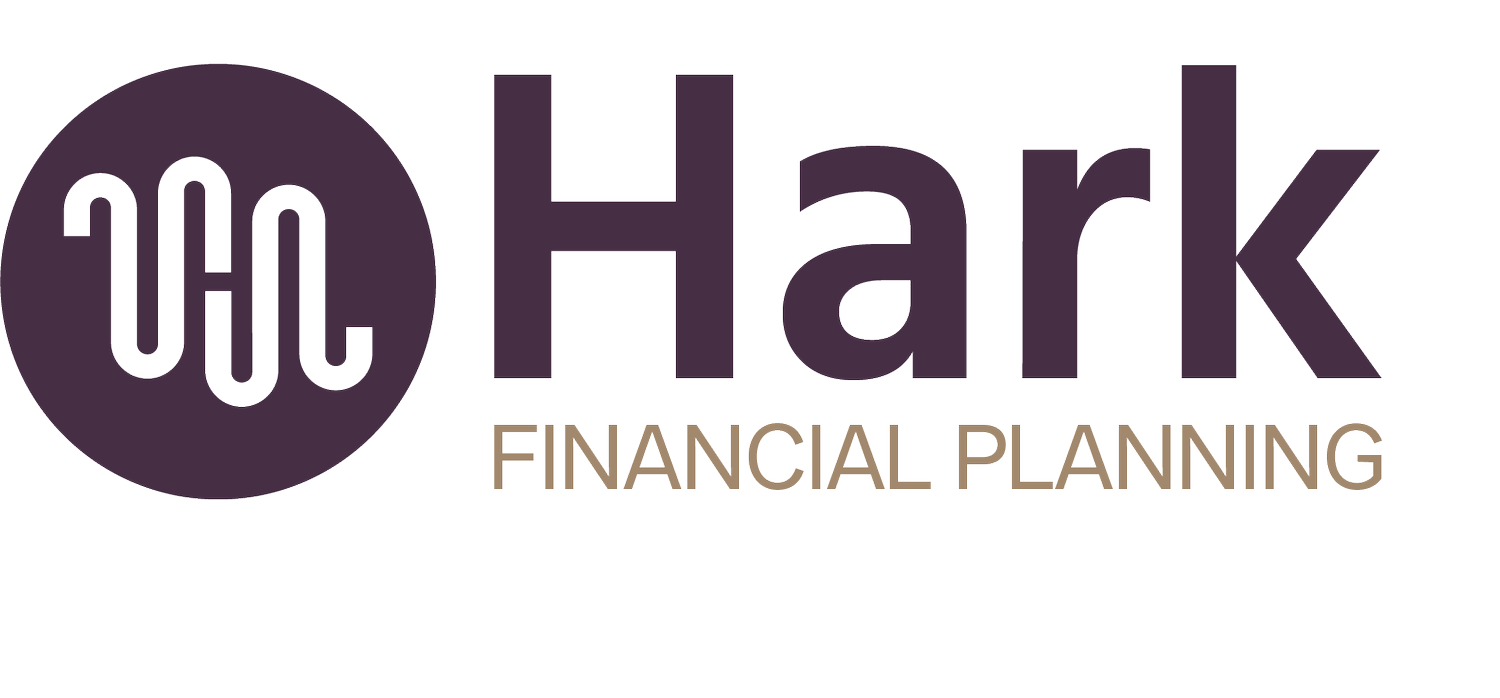How Your Health Insurance Decision Affects Cash Flow, Taxes, and Long-Term Savings
Health insurance might not necessarily feel like a financial planning decision, but it is.
Each year during open enrollment, it’s tempting to pick the same plan as last year or default to whatever your employer recommends. But for law-firm partners, self-employed attorneys, and high-income professionals, your health insurance choice can significantly shape your monthly cash flow, year-end tax bill, and long-term financial trajectory more than you think.
Here’s why it’s worth choosing a health insurance plan with intention.
Your Premiums are Monthly Cash Flow Commitments
At a glance, many people compare plans based on the monthly premium. That’s not wrong, but premiums are only part of the story.
A lower monthly cost may come with higher deductibles, smaller networks, or increased out-of-pocket limits. Which might be fine if you’re healthy and rarely need care. But if your situation changes, you could be on the hook for thousands more.
Be sure to ask yourself:
How much flexibility do you need in your monthly cash flow?
Could a high-deductible plan free up room in your budget or create unnecessary volatility?
What’s your actual exposure in a worst-case medical year?
What networks are your doctors in?
How many times per year do you visit your doctor, specialists, or fill a prescription? All these variables impact what plan makes the most sense for you.
Understanding your health insurance not just as “coverage,” but as a cash-flow tool, helps you make a choice that fits your lifestyle, not just your spreadsheet.
HSA-Eligible Plans Offer a Triple Tax Advantage
If you’re enrolled in a high-deductible health plan (HDHP), you may be eligible for a Health Savings Account (HSA). This is one of the most tax-efficient tools available to high earners.
Using an HSA offers:
Tax-deductible contributions (reducing your income today)
Tax-free growth (you can invest the balance)
Tax-free withdrawals for qualified medical expenses (now or in the future)
That triple advantage can be a game-changer for high-income professionals. And unlike FSAs, HSA funds carry over year to year and can be used in retirement. Some clients even treat them like a “stealth IRA” for healthcare costs later in life.
The key is choosing a plan that’s HSA-eligible. This can mean higher deductibles, but often lower premiums and the ability to pair with a powerful tax-saving strategy.
FSAs Offer Tax Savings Too, But with a Use-It-Or-Lose-It Catch
If an HSA isn’t an option, a Flexible Spending Account (FSA) can still help you reduce your taxable income. You can set aside pre-tax dollars to pay for medical expenses like copays, prescriptions, or vision and dental care.
But FSAs come with rules:
Contributions are capped (in 2025, the limit is $3,300 for an individual)
Funds must typically be used within the plan year (some plans offer a small rollover or grace period)
This means choosing a health plan with FSA access can reduce your tax bill—but only if you plan your expenses carefully and avoid leaving money unused.
Your Plan Affects Retirement Savings, Too
Here’s something most people miss: your health insurance decision can indirectly shape how much you save elsewhere.
If you’re paying a higher premium than necessary, that money might be coming at the expense of:
Maxing out your 401(k)
Making a backdoor Roth IRA contribution
Building a cash reserve or funding a 529 plan
On the flip side, if a lower-premium, high-deductible plan lets you increase HSA contributions or free up room to save more strategically, the impact compounds over time.
In short, this isn’t just about doctors and deductibles, it’s about how your insurance choice fits into your broader savings strategy and the life you’re building long-term.
Choose Healthcare Wisely, It’s Part of Your Financial Life
Health insurance is easy to overlook as a purely administrative task, but the plan you choose touches every part of your financial life.
Open enrollment is obviously an opportunity to assess and address your medical needs. But from cash flow to taxes to long-term savings opportunities, open enrollment is also a moment to step back and make a decision that supports your whole financial lifefstyle.
If you’d like help reviewing your options or modeling how a health plan fits into your overall strategy, we’re here to help you take the next step.

